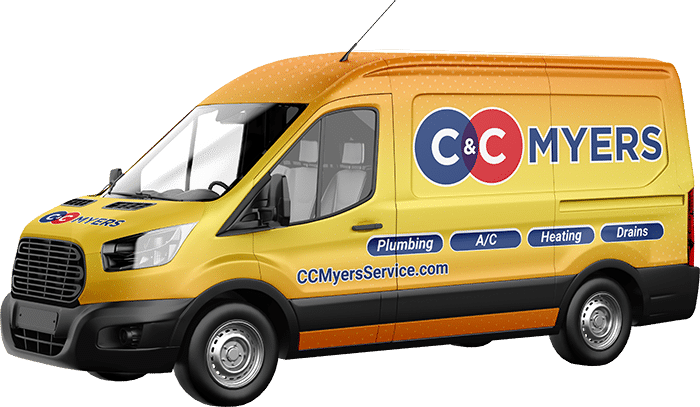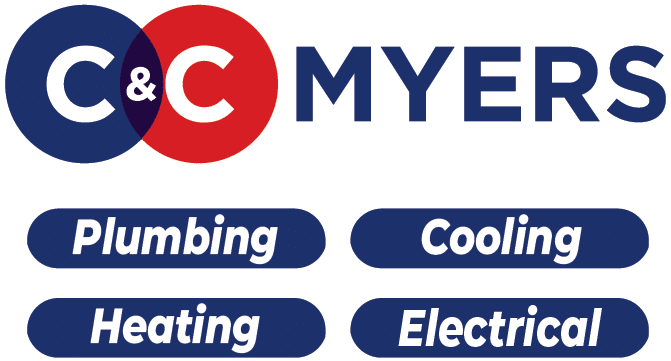★★★★★
4.9 Rating
★★★★★
4.8 Rating
Menu
4.9 Rating
4.8 Rating
4.9 Rating
4.8 Rating


Call today to schedule service.
*Dispatch fee waived when service is performance
Call today to schedule service.
*With approved credit. Contact us for offer details.
Call today to schedule service.
*With approved credit. Contact us for offer details.

Our team has a strong commitment to customer satisfaction and strives to go above and beyond in providing exceptional service
Our 45+ years of experience enables us to provide dependable and professional services
Our technicians use cutting-edge technology and techniques to ensure quality work and to stay current with industry standards

We provide emergency services around the clock so that our customers can rely on us to be there when they need us
The team at C&C Myers is certified and insured to ensure our customers' safety
We offer transparent pricing with no hidden fees, so our customers can be confident that they are getting the best value for their money